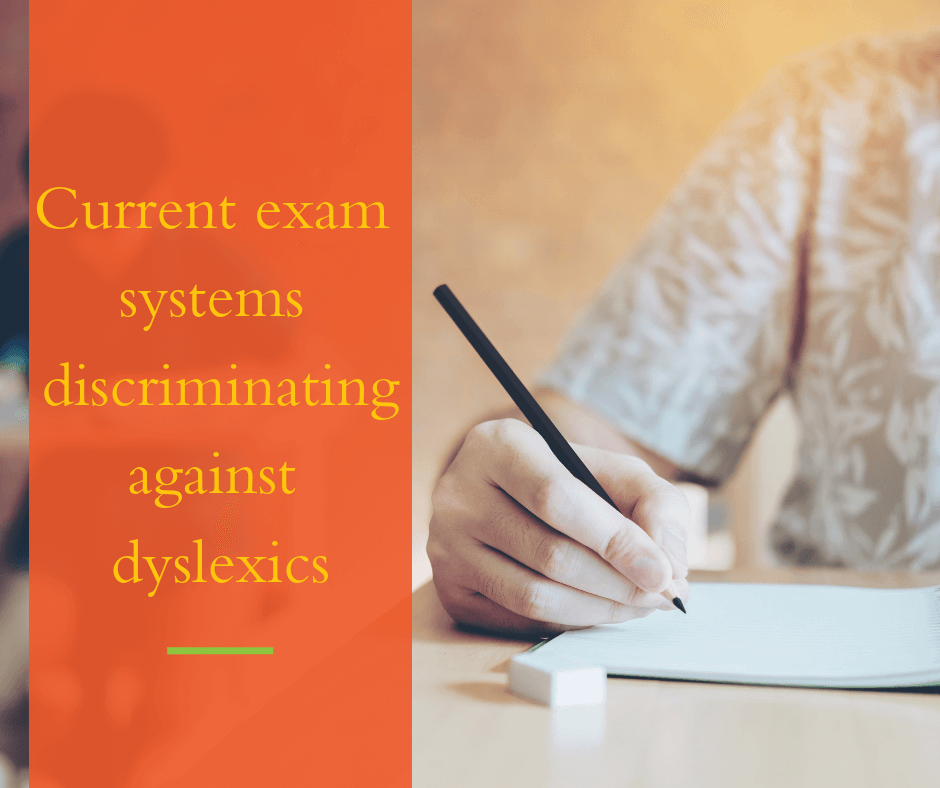Pico Education fully agrees with the comments made last week by Helen Boden, CEO of the BDA regarding the plight of dyslexic students when they are unable to gain scores that equate with their peers in examinations such as GCSEs and A levels.
For those students who are functionally dyslexic (ie their difficulties in the speed of processing, organisation of material in writing and levels of spontaneous spelling are notably below their other abilities) their inevitable underperformance has implications for their future academic choices and their later careers.
Our own research at Pico Education in 2016 and 2017 confirm these facts. To briefly summarise
- Among dyslexic participants from the non-university sector, 73% had indications of mild, moderate or strong difficulties, whereas among the university dyslexic participants the figure was only 41 %. Furthermore, those with severe problems were three times greater among the non-university group.
- Another relevant finding was that whilst only 4% of the non-dyslexic group had problems with speed of processing, 40% of dyslexics are functionally disadvantaged because of the time it takes them to process information when dealing with language-based tasks. It would be fairer if the system could allow dyslexic students to show their potential in exams by having access to digital methods so they can show their knowledge and understanding of a subject rather than being compelled to compete through a medium that is their weakness – notably processing written language under timed conditions (worst combination possible) and having to present their answers in a handwritten format.
- That way a large number of the struggling members of the community would be enabled to work to their strengths and make their unique contributions without being disqualified at the first or second hurdle.
Dr D. Walker – Pico Education
Please see the full article on the British Dyslexia Association (BDA) website.
Do contact us if you have any questions regarding our research that we have undertaken. Why not take at our dyslexia testing products, QuickScreen and QuickScan. Both available for organisations!

